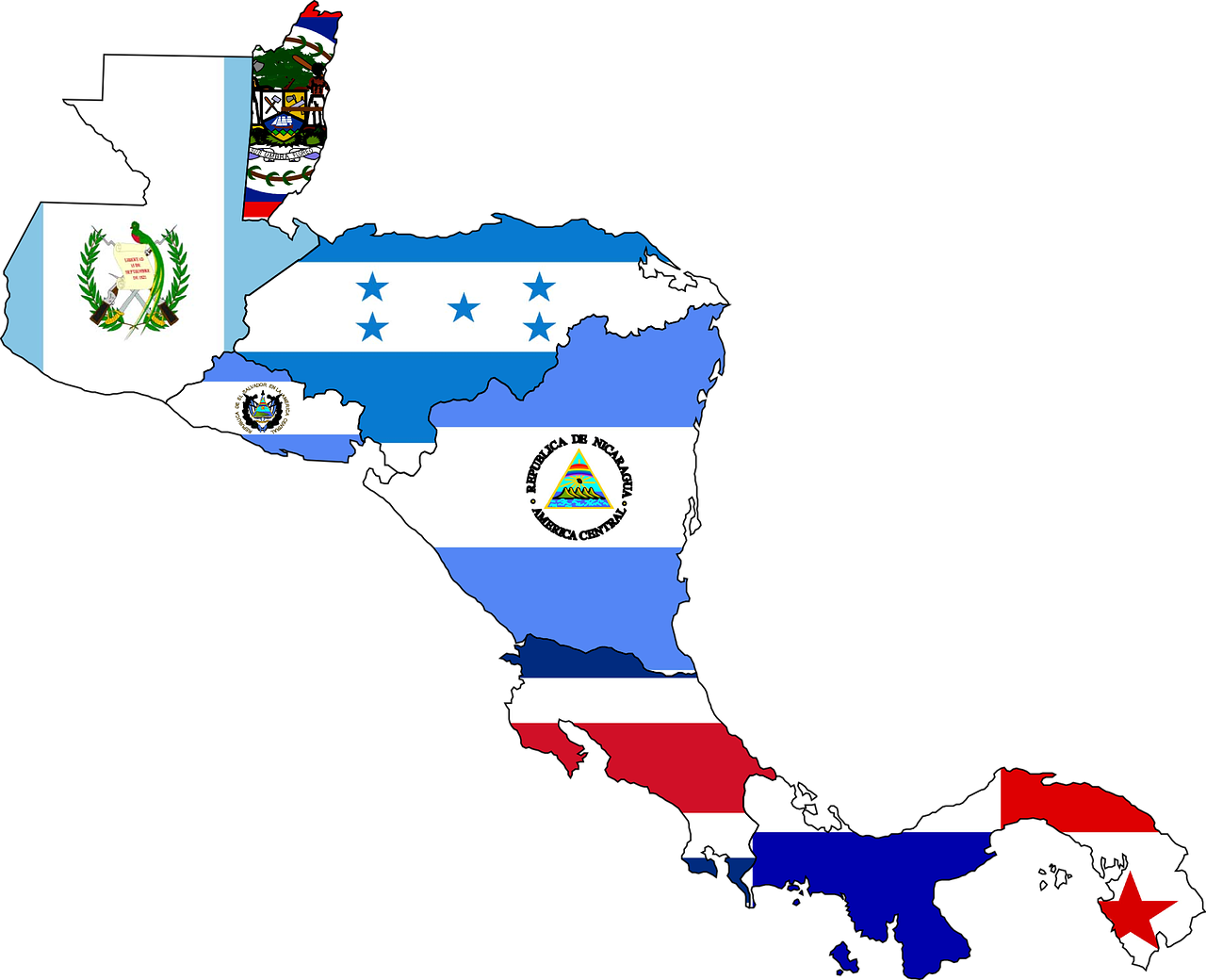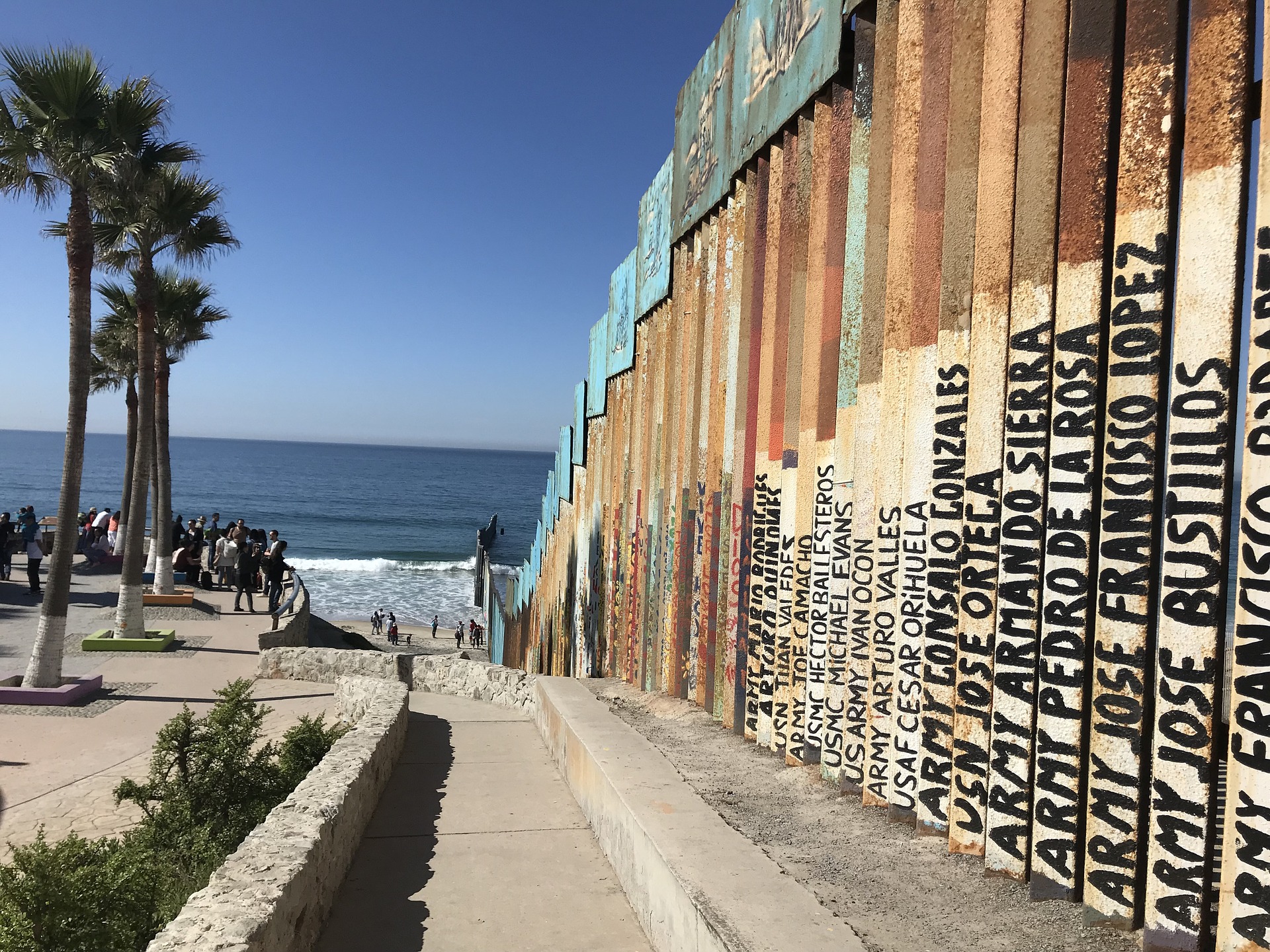
Yesterday, Federal Judge Edward Chen, of the United States District Court for the Northern District of California, issued a preliminary injunction temporarily stopping the United States government from rescinding the temporary protected status designation for immigrants from Sudan, El Salvador, Haiti, and Nicaragua.
By court order, the government must maintain the TPS designation for the above-mentioned countries, and continue to allow beneficiaries of these countries, to apply for employment authorization, while a lawsuit challenging the rescission of TPS for these countries moves through the court system.
Before the preliminary injunction the TPS designations would officially terminate as follows:
- Sudan, TPS Designation was to terminate on November 2, 2018
- Nicaragua, TPS Designation was to terminate on January 5, 2019
- Haiti, TPS Designation was to terminate on July 22, 2019
- El Salvador, TPS Designation was to terminate on September 9, 2019
The preliminary injunction comes on the heels of a class-action lawsuit brought by immigrants from these countries over the rescission of the TPS designation for Sudan, El Salvador, Haiti, and Nicaragua. The lead plaintiff named in the lawsuit Ramos v. Nielsen, is Crista Ramos, a 14-year old United States Citizen whose mother is a TPS holder from El Salvador. Ramos, along with other Plaintiffs in this lawsuit allege that the government rescinded TPS protections for the above-mentioned countries, based on a predetermined political agenda in violation of the law.
Continue reading

 Visa Lawyer Blog
Visa Lawyer Blog










